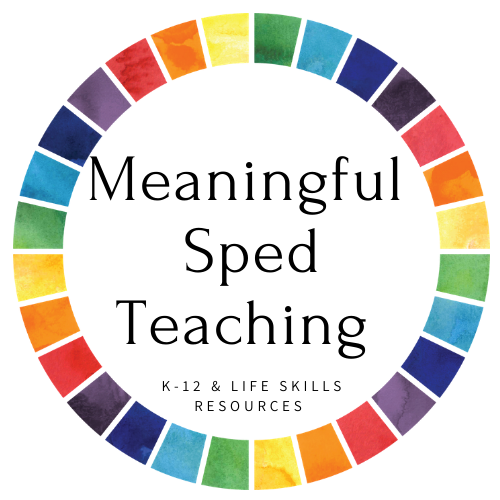
Gardening is a therapeutic activity that can benefit people of all ages and abilities. For students with special needs, a school garden can offer a unique learning experience that promotes communication, sensory integration, and vocational and fine motor development. In this blog post, we will explore the benefits of gardening for students with special needs and offer tips for setting up and maintaining a school garden.
Benefits of Gardening for Students with Special Needs
- Improved Communication Skills: Gardening provides opportunities for students to practice verbal and nonverbal communication with their peers and teachers.
- Sensory Integration: The different textures, smells, and colors in a garden can provide a multi-sensory experience that can benefit students with sensory processing difficulties.
- Vocational and Fine Motor Development: Gardening can teach students practical skills that they can use in the future, such as planting, watering, and harvesting. Additionally, gardening can improve fine motor skills such as hand-eye coordination and dexterity.
Setting Up a School Garden
- Location: Choose an accessible location with plenty of sunlight and good drainage.
- Size: Start small with a few planters or raised beds and expand as needed.
- Soil: Use high-quality soil that is free of contaminants.
- Tools and Equipment: Purchase or borrow gardening tools and equipment such as gloves, shovels, and watering cans.
- Safety: Ensure that the garden is safe for all students by using non-toxic materials and taking precautions against pests and other hazards.
Lesson Plans and Activities for a School Garden
- Science: Students can learn about plant biology and the water cycle through hands-on activities such as seed germination and composting.
- Math: Students can practice measurement and estimation skills by measuring plant growth and calculating the amount of water needed for different plants.
- Language Arts: Students can practice writing and storytelling by keeping a garden journal or creating a story about a plant's life cycle.
- Social Skills: Gardening provides opportunities for teamwork and collaboration, which can improve social skills such as sharing and taking turns.
- Vocational Skills: Students can learn practical skills such as planting, watering, and harvesting, which can be applied to future jobs or hobbies.
A school garden can provide a unique and beneficial learning experience for students with special needs. By following these tips and incorporating gardening into lesson plans, educators can help students develop communication skills, sensory integration, and practical skills that they can use in the future.

